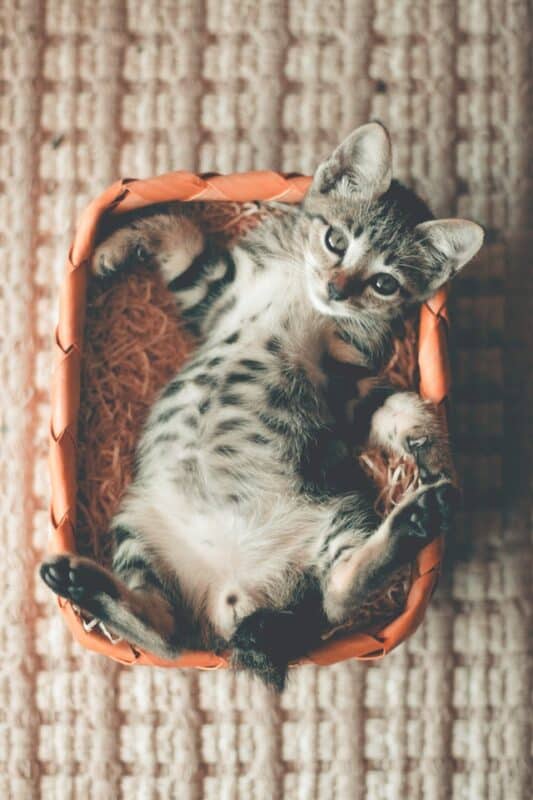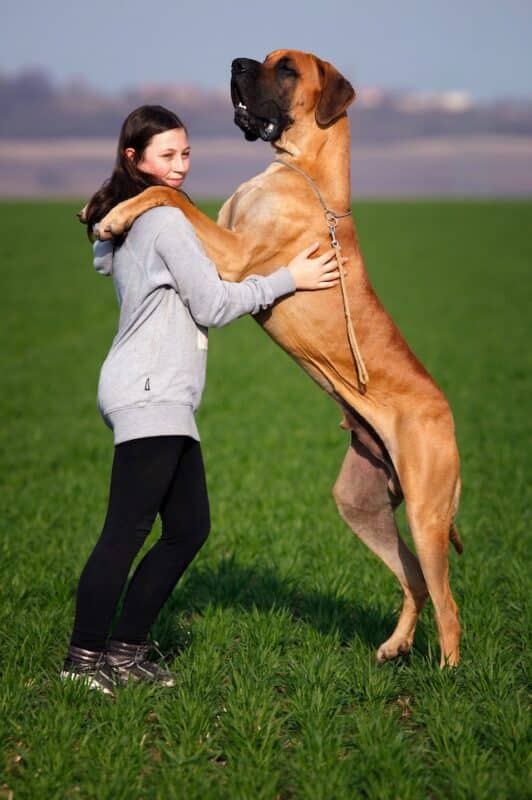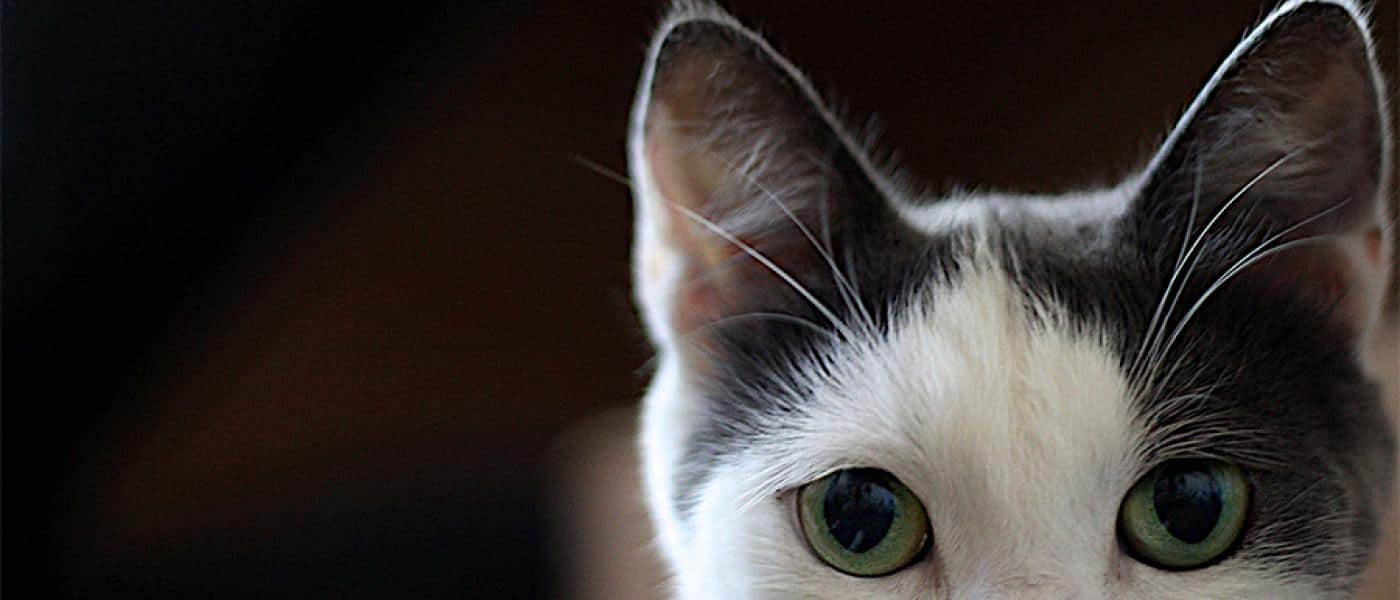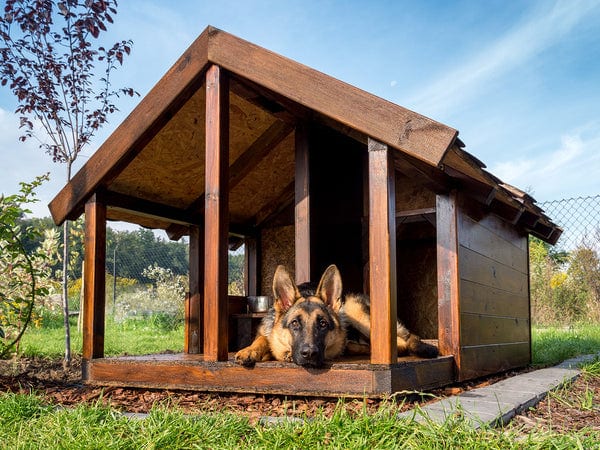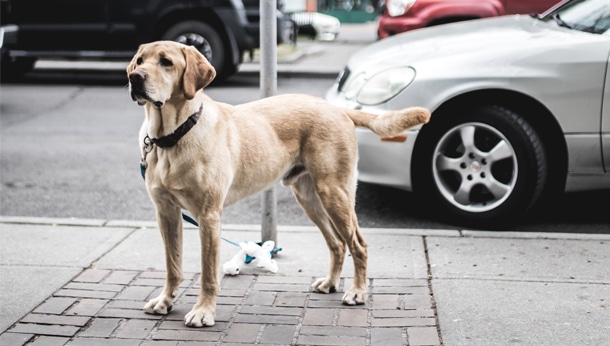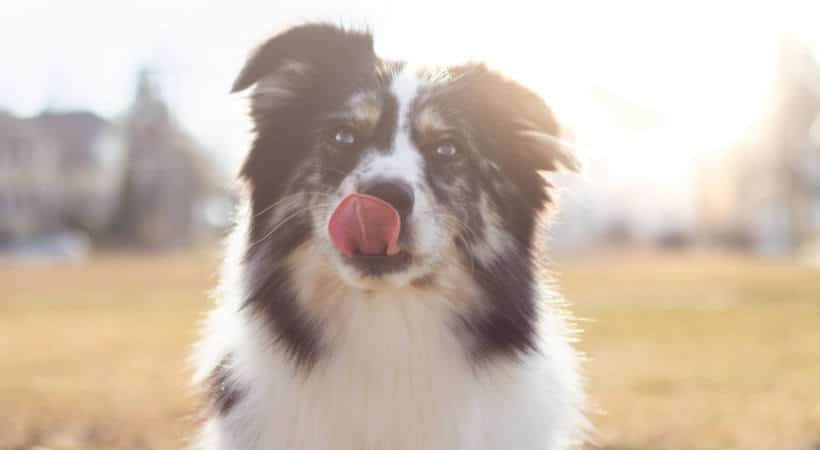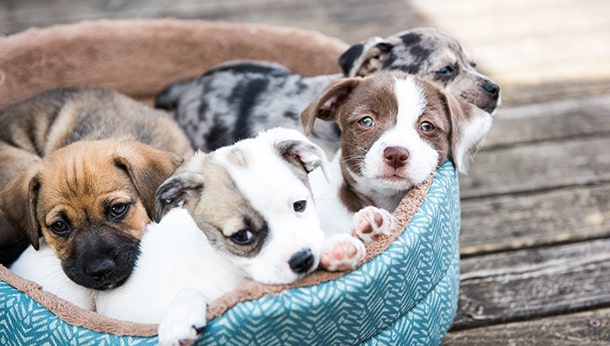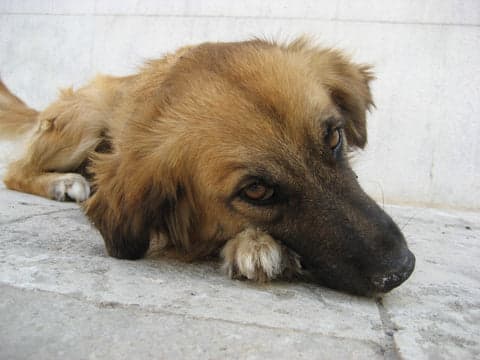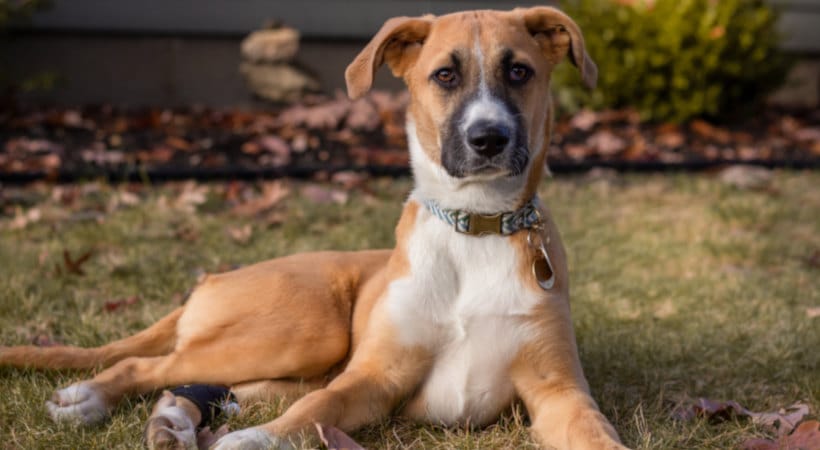It may be troublesome understanding the precise proper schedule for cat vaccines because it tends to be a contentious debate inside veterinary drugs. As well as, many pet dad and mom have comprehensible issues about potential unwanted side effects of cat vaccines, and if all of them are completely obligatory.
As at all times, we advocate talking along with your vet and asking any of those questions so you possibly can really feel good and have a greater understanding. Having stated that, we thought we’d take this chance to go over the usual pointers for cat vaccines.
Cat Vaccines Tips
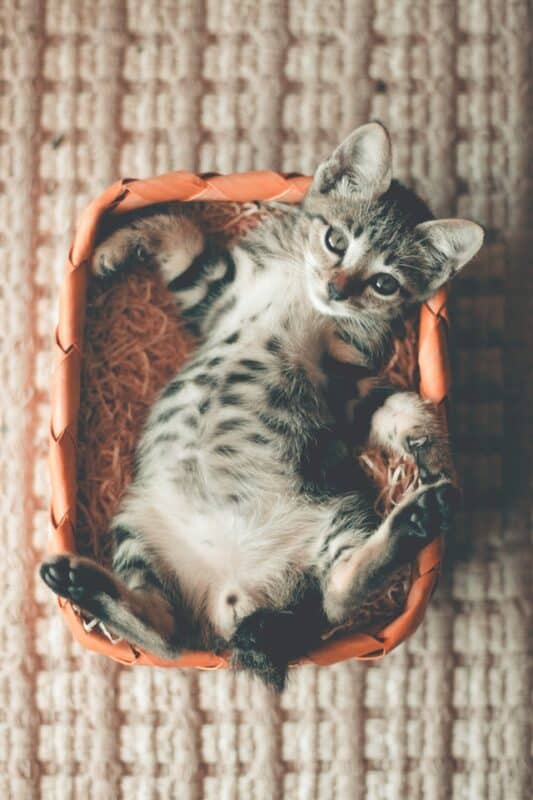
Your vet will advocate you comply with a cat vaccine schedule set forth by the Feline Vaccination Advisory Panel. This group, made up of devoted feline scientists and veterinarians, frequently researches and evaluates cat vaccination developments with a purpose to make science-based suggestions. For sure, the rules set forth by the FVAP are among the many most trusted within the discipline.
This panel divides cat vaccines into two classes, core and noncore vaccines.
Core Vaccines are really useful for all cats, regardless of the place they reside or what their private life-style is. Noncore vaccines are these which are acceptable for some cats in some conditions, for instance if a cat is an indoor/outside cat.
So what are the core vaccines that your vet will almost definitely advocate? Most will advocate the FVRCP and rabies vaccines as these cowl extremely infectious illnesses which are very harmful to cats. Fortunately the vaccines provide good safety with minimal threat or unwanted side effects.
The FeLV vaccine is one other core vaccine meant for kittens. This vaccine prevents the feline leukemia virus. Whereas an FeLV an infection is just not an computerized loss of life sentence, many cats don’t fare effectively. So this cat vaccine is really useful by most vets.
One thing to notice nevertheless is that whereas the FeLV vaccine is a core vaccine for kittens, it then turns into elective (noncore) for cats which are one 12 months previous or older. If in case you have an older cat, communicate along with your vet to see what they advocate.
Different core cat vaccines embody:
- Feline Panleukopenia – FPV – Feline parvovirus is very infectious with a excessive mortality fee in kittens.
- Feline Rhinotracheitis Virus/Herpesvirus 1 – (FVR/FHV-1) – The feline herpesvirus causes extreme higher respiratory infections in unprotected cats.
- Feline Calicivirus – FCV – Feline calicivirus may trigger higher respiratory infections in addition to painful irritation of the gums and enamel.
Cat Vaccination Schedule
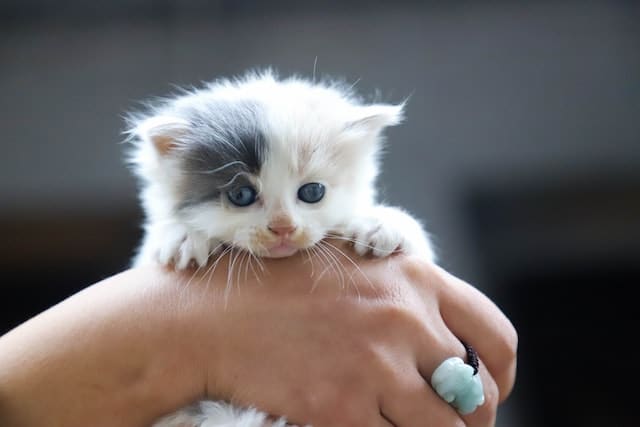
The next are the final cat vaccination scheduling pointers:
Kittens (as much as 1 12 months of age)
6-8 weeks:
- FVRCP (core)
- FeLV (core)
10-12 weeks:
- FVRCP (core; first or second shot)
- FeLV (core; first or second shot)
14-16 weeks:
- FVRCP (core; provided that first shot given at 10-12 weeks)
- Rabies
- FeLV (core; provided that first shot given at 10-12 weeks)
1 12 months after preliminary collection:
- FVRCP booster
- Rabies booster
- Grownup and Senior Cats (Over 1 12 months previous)
Yearly:
- FELV (elective non-core vaccine)
Each 1-3 years:
- FVRCP (each 3 years for indoor cats, and yearly for indoor/outside, outdoor-only, very younger, or senior cats)
- Rabies (1-year or 3-year vaccine relying on state legal guidelines)
Will Cat Vaccines Shield My Cat 100%?
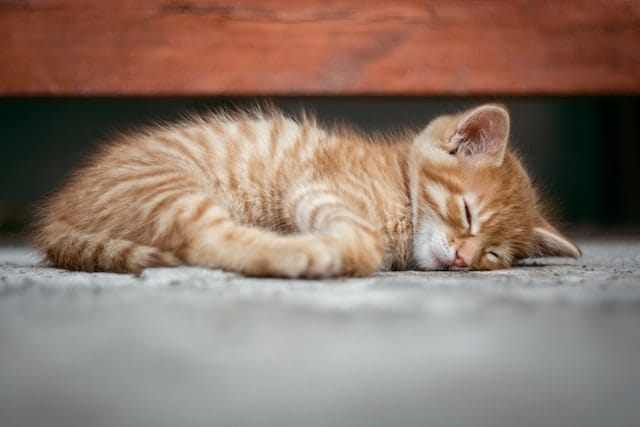
Whereas vaccines will shield the vast majority of cats more often than not, it’s unreasonable to imagine they provide 100% safety 100% of the time. Regardless of the vaccine, failures do happen, often as a result of there are totally different strains of viruses. Present vaccines could solely shield towards sure sorts of strains.
One more reason why cat vaccines can fail is due to maternity derived antibodies. Kittens get these from their mom once they nurse and the antibodies assist shield the kitten throughout their first 3 weak months of life. The issue is, these antibodies may block the consequences of the vaccination in the identical manner they block potential dangerous infections. The blocking impact will lower over time because the kitten matures, however it’s why booster pictures are typically really useful.
And eventually, the consequences of stress may forestall response to vaccination. If the cat was careworn on the time the vaccines had been administered, or in the event that they weren’t very wholesome, the vaccines might not be 100% efficient at stopping illness.
What are the Dangers of Vaccination?
Ought to you may have any issues or questions on cat vaccines, communicate along with your vet who can go into depth about any potential detrimental unwanted side effects. Usually talking, there are some potential unwanted side effects corresponding to lethargy and urge for food loss for a day or two after vaccination. Simply as folks typically really feel slightly… blah after receiving the flu shot, your cat may really feel underneath the climate.
Some cats might also have an allergic response to a vaccine, which may end up in extra severe unwanted side effects corresponding to problem in respiration, vomiting or diarrhea. If these indicators happen, contact your veterinarian instantly.
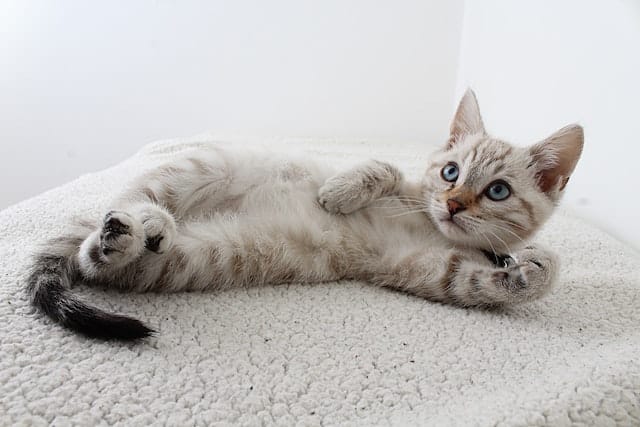
Can Pet Insurance coverage Assist with Vaccinations?
Most pet medical health insurance suppliers provide two principal insurance policies: accident & sickness and accident solely. Many suppliers, nevertheless, additionally provide a wellness plan that may assist pay for routine care corresponding to vaccinations, spaying and neutering, check-ups, dental and sure medicines.
If you’re considering of enrolling your little fur child right into a plan, the sooner the higher, as you’ll be capable to lock in a lower cost. The older a cat will get, the upper the month-to-month premium will get. For a kitten, you possibly can probably discover a coverage with a premium as little as $10.
Take two minutes and get a FREE custom-made quote on your cat or kitten.

